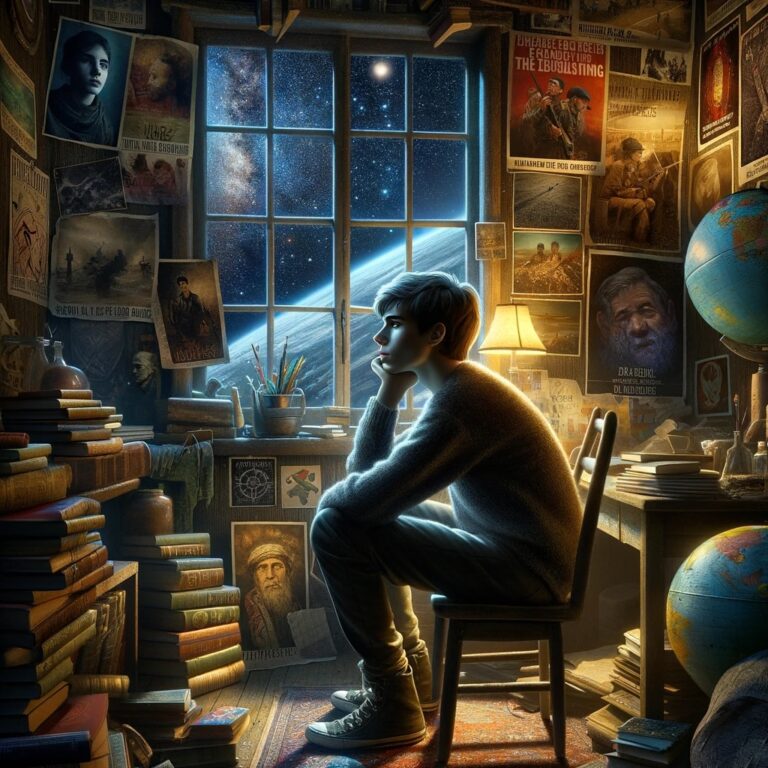At age 7, I subscribed to the Spiderman comic books that would come in the mail every month. I’d devour them the minute they came. I still have most of them in my closet.
I remember learning adage that Spiderman popularized — “With great power comes great responsibility.” This short statement expressing a general truth has passed to us in philosophy, religion and legend.

Each of us has great power. We have all the world’s knowledge at our fingertips. We have the ability to communicate widely with little restraint. We can organize ourselves for creative pursuits like no other time in history and perhaps like no other place in the universe ever.
We Believe in the Spirit of the Gift
We think of this great power as a gift that’s been given to us.
If a gift is to retain its value it must always be passed on – Lewis Hyde
We have never missed a meal and we’ve always had a roof over our heads. We’ve always been able to make money. We expect that these things will continue to be true for the rest of our lives.
Because “the anxiety of making a living no longer drives us”, we can turn our attention to “how can we best give of our gifts?”
Our gift is helping people see their business better.
To do that we start with a gift.
References
The Spirit of the Gift is a section in The Ascent of Humanity by Charles Eisenstein
I write of a coming shift from a profit-taking economy to a gift economy, from an economy of “how can I take the most?” to “how can I best give of my gifts?” This future, in which the anxiety of “making a living” no longer drives us.
Gift transactions are quite different: they are open-ended and personal. The transaction is incomplete, leaving an obligation—a tie—between the giver and the receiver. Giving a gift creates or affirms a social relationship; it connects the giver and the receiver. Gifts usually imply future gifts, whether reciprocal or to someone else down the line. Moreover, gifts usually don’t have a standard value; their value depends on the unique relationship between giver and receiver, and it reinforces that relationship. In fact, that’s one of the main reasons we give gifts in the first place: to become more tied to, and thus less independent of, the person receiving.
The hunter-gatherer’s confidence that the forest would always provide is still available to us. “Let us make a feast of all that we have today. Tomorrow we shall eat what tomorrow brings.”

